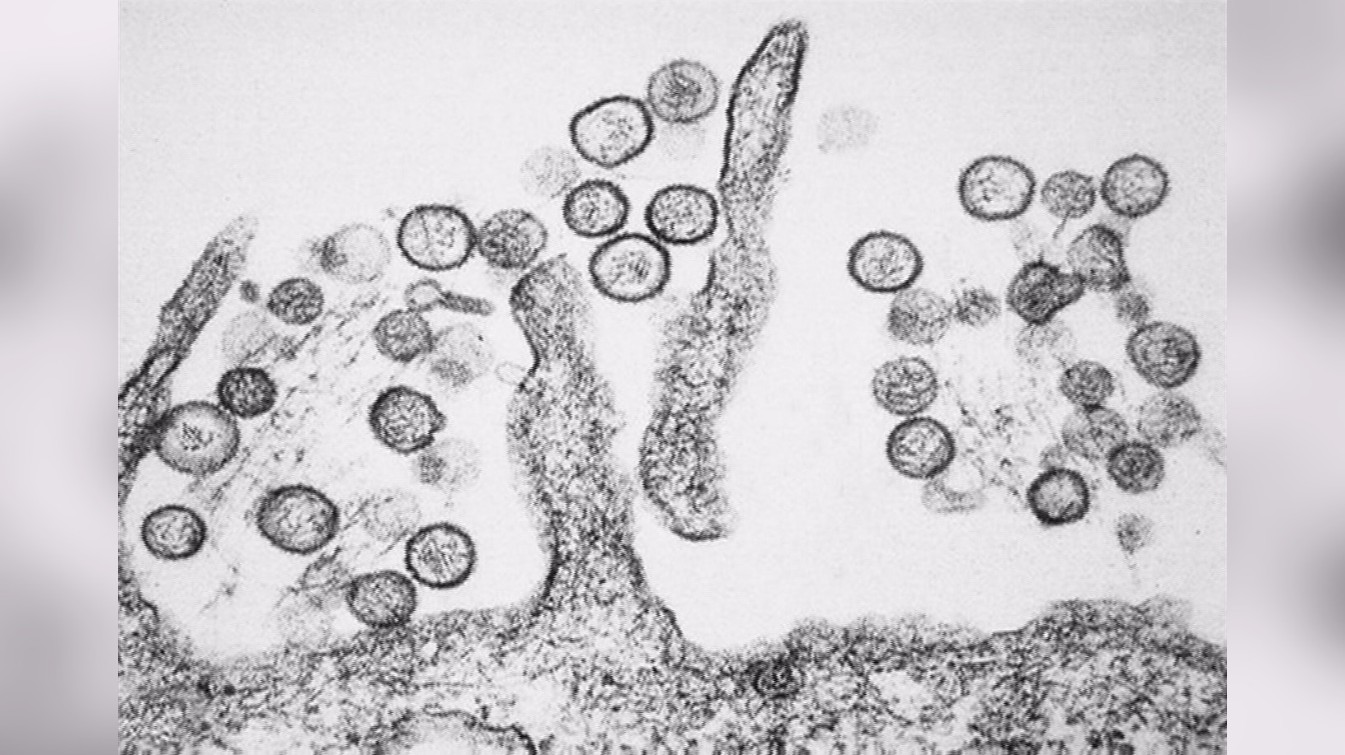A Skagit County resident contracted hantavirus, the Public Health department learned on Friday, in the fourth report of the deadly virus in Washington this year.
The disease can be deadly and cause respiratory distress. The department said the virus is carried by deer mice and it's found in urine or droppings.
A Mesa, Wash. mom died from the disease in May. A man from the Squak Mountain area died in February and a woman from Redmond contracted the virus in November but survived.
People get the virus by breathing in the dust or particles contaminated with the virus, if they touch rodent urine, droppings, or nest materials and then touches their eyes, mouth or nose.
“We always encourage people to take precautions when cleaning old storage areas or buildings where mice can build nests,” said Joanne Lynn, Environmental Health Division Manager.
The virus can't be transferred between people.
When cleaning areas that could be rodent-infested, the CDC recommends the following:
- Do not stir up dust by vacuuming, sweeping, or any other dust-generating means.
- Wear rubber, latex, vinyl or nitrile gloves.
- Thoroughly wet contaminated areas including droppings, dead mice, and nests with a bleach solution or household disinfectant. Bleach solution: Mix 1½ cups of household bleach in 1 gallon of water. Use only freshly mixed solution.
- Once everything is soaked for 10 minutes, remove all of the nest material, mice or droppings with damp towel and then mop or sponge the area with bleach solution or household disinfectant.
- Spray dead rodents with disinfectant and then double-bag along with all cleaning materials and debris. Throw out rodent in an appropriate waste disposal system.
Symptoms could take up to eight weeks to appear after exposure. They include sudden flu-like symptoms, like fever, head and muscle aches, and shortness of breath or breathing difficulties.
If you've been in a rodent-infested area, the Skagit County Health Department recommends seeing a doctor, as one-third of people who get the virus die.


